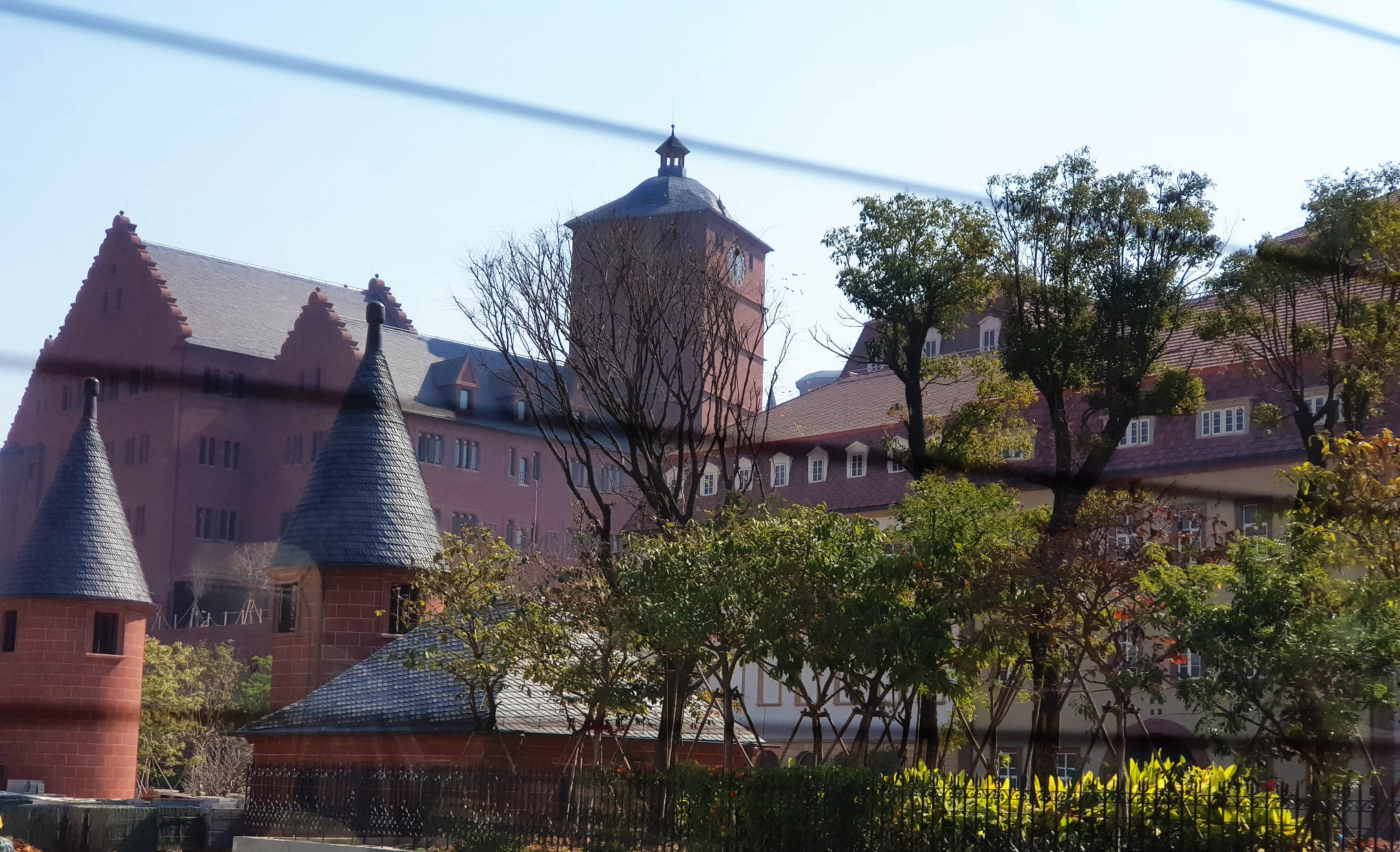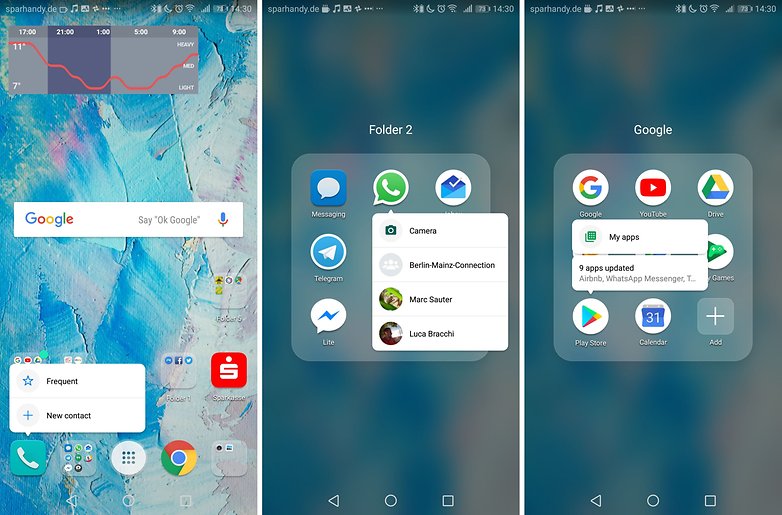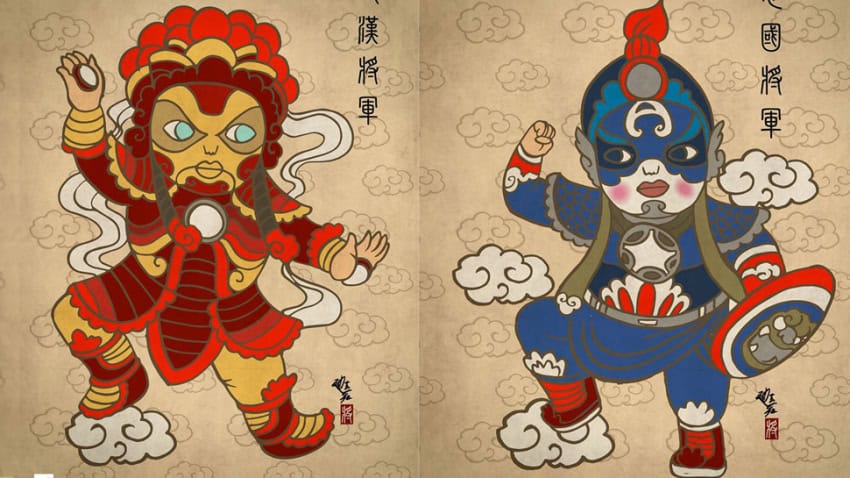Heads of six US intelligence agencies, including FBI, CIA, and NSA yesterday warned US citizens against the use of mobile phones made by Huawei and ZTE. This remarkable step by the US government to go on an all-out war against a major Chinese corporation, and effectively against the Chinese government, comes after two major developments that have the potential to shake the corporate world. This may well mark the beginning of a Newer World Order, a brave new world where America is no longer the sole global economic hegemon.
On 9th January 2018 Huawei CEO, Mr. Chengdong (Richard) Yu, was supposed to give a keynote address to introduce Huawei’s flagship Mate 10 Pro, a phone that can rival both Apple and Samsung’s flagship offerings, to the US market with the help of AT&T. However, this did not go according to plan. On 8th Januray, AT&T pulled out of that deal without any public explanation. That meant Huawei’s phones would not be available through the biggest American carrier, and, because US consumers mostly (90%) buy phones through carriers, Huawei would never be able to get a serious market share for its innovative premium phones in the market it can sell most in.
On 9th January, at the CES, the biggest consumer electronics trade show in the US, everyone (mostly Huawei executives) were left completely dumbfounded by AT&T’s apparently last minute decision. One senior executive at Huawei, speaking days later at the company’s headquarters in Shenzhen, called it a “nightmare”. Obviously it was a nightmare for everyone from Huawei who had happily packed their bags from the company’s various locations all over the world and left for Vegas in hopes of celebrating the start of a new era for the company in true Vegas fashion.
Huawei CEO’s did address this issue and called it a “huge loss” for both the company and consumers in his keynote address, but his off-script remarks did not express the magnitude of the situation. Behind the curtains US lobbyists, senators, congressmen and bureaucrats were hard at work pressuring US corporations to not allow the Chinese telecom giant a foothold in the country due to of Huawei’s alleged ties to the Chinese government. The irony of this situation should not be lost. The US government working in sync with ‘independent’ corporations is denying laissez-faire access to a Chinese company on the pretext of allegations that it has close ties to the Chinese government. Spiderman pointing at Spiderman meme comes to mind.

By the end of January Verizon, the second largest carrier, would also back down from a similar deal due to the same reasons.
But all that was behind the scenes then. Now with US intel chiefs coming in the public to speak against Huawei, the war is out in the open and looks like it will get dirty with news of US govt planning on banning all government employees from using Huawei phones. What’s next? Banning Huawei in the US altogether?
I landed in Shenzhen, China five days after the Vegas fiasco to interview Huawei’s top executives. Shenzhen, where Huawei’s current headquarters are located, is a modern city in every way with a spectacular skyline and an amazing level of technological advancement in the urban lifestyle. Smartphone is a necessity and even bums accept donations via WeChat. Everyone has a great phone and a large percentage of the population uses iPhones or the latest Huawei. Even in transportation, from government buses to taxis (DiDi) to bicycles (Ofo), all incorporate smartphones into their processes. This is China’s silicon valley and Huawei is its Google.
Huawei’s campus here can be called a small city that has restaurants, cafes, a hotel and, of course, offices. Huawei is building another small, but much bigger, city in Dongguan that will become its new headquarters. This will be something to behold when the construction is finished because it will look like a highly-advanced quaint old European town with old European houses and steel bridges over picturesque streams.
 Huawei’s ‘European town’ headquarters being constructed in China
Huawei’s ‘European town’ headquarters being constructed in ChinaThe current campus too is nothing to scoff at and can rival campuses of any of the American giants like Google and Apple. The perks and facilities available to employees are also similar. Getting a job in Huawei is hard and a matter of pride for Chinese people and their products are considered high-quality and are preferred over others, except for maybe iPhones – which are considered a status symbol of sorts.
From an OEM manufacturer to a global brand, Huawei has had a steep journey. Its B2B is still 70% of its business but it is diligently trying to increase the share in consumer markets particularly smartphones. From making copy-cat products and being one step behind market leaders Apple and Samsung, Huawei’s latest Mate 10 Pro is a testament to the giant leap it has taken forward by finally creating something new, something innovative. This is the first phone in the world to incorporate a dedicated AI processor which enables the phone to learn and adapt to your habits, eccentricities, and foibles. Usually a phone has two processing units, a CPU and a GPU, this one has three with the addition of the AI processor on its cutting edge Kirin 970 chipset.
https://www.youtube.com/watch?v=5k566SwWDlc
This means the phone can do crazy stuff like optimize battery performance intelligently based on expected user behavior after learning it over time. This also means faster app performances and this will also allow app developers to utilize onboard AI hardware and create next generation AI apps. Using the state-of-the art Leica dual cameras at the back the AI can also recognize objects and optimize photos accordingly. So, if you are taking a photo of your dinner the AI will understand and try (apparently very successfully) to make it look more delicious and if you are taking a selfie or taking a photo of your grandma the phone will know this and make them look beautiful, that too successfully. It will not make your food look beautiful and your grandma look delicious because it understands the difference.
Hardware wise, this phone is solid.
On the software end Huawei has introduced EmUI 8.0 which is daring to try something on its own and not taking notes from Samsung and Apple. EmUI stands for Emotional User Interface. With EmUI Huawei is trying to create a user experience that can emotionally connect to the user, and the onboard AI processor definitely helps it in doing so. The concept is not just to create an object that the user interacts with but an experience that goes both ways where both the device and the user learn about each other. EmUI has other innovative extras too, like the HDMI docking system that turns your phone into a desktop PC with a whole new interface that looks like Windows 7 desktop. And it works wonderfully.

Not only that, Huawei has world-class QC and testing facilities that have drastically expanded and scaled since its OEM manufacturing days, which at that time were up to global standards. Mate 10 Pro is not a cheap Chinese copy, this is not a ‘me too’ product. This phone is as real as it gets and it is a legitimate contender in the race to the top. All this has become possible because Huawei is doing its own R&D in five major locations across the globe: US, Sweden, France, China, and India. Out of $75b revenue last year, Huawei spent $11b on R&D. Out of 180,000 employees globally, 19,000 work on R&D. Huawei, which is being accused of being a petty snoop by US authorities, is not a joke. The sheer scale of operations and the ability to create cutting-edge premium products should force one to take this business seriously which, admittedly, the US authorities are doing but in a manner that reeks of paranoia and fear that US won’t be able to withstand the Chinese technological and economical onslaught on its own turf.
Snowden’s NSA leaks told us that for years NSA had access to, for example, zero day vulnerabilities in Cisco routers, and maybe (most probably) they still do. The Snowden leaks stopped short of uncovering willful collusion between the corporation and the US government. A careful reading of many Snowden leaks points to shadowy dealings between major US tech corporations like Intel, Apple, Microsoft, Google, and Facebook. Based on NSA leaks and what ensued after them, there exists a credible possibility that US government and tech corporations may have worked closely with these companies at some level to inject backdoors, spyware, and vulnerabilities in products used not just for domestic consumption but exported to countries all over the world.
Snowden showed that even the most low-level components, hardware and software are not safe from the hands of the NSA. The whole ecosystem of technology upon which modern society is based will invariably contain an American tech product as one of its building blocks, if not whole of it, which can and will be used by the NSA to snoop globally. This was the crux of Snowden leaks.
 NSA whistleblower Edward Snowden exposed a large-scale US espionage program using American tech products
NSA whistleblower Edward Snowden exposed a large-scale US espionage program using American tech productsWhen Google had a falling-out with the Chinese government there was a lot of hue and cry in the US because some God-given inalienable rights of an American corporation had been violated. It was considered an affront to ‘free speech’ and the general concept of human freedom. In hindsight, we can see that protectionism in the internet industry was not a petty attempt to stifle free speech by the Chinese government but a holistic attempt to create its own internet ecosystem not dependent on American companies. While US railed about globalization and free market, China protected and built its own industry that has become a behemoth in its own right.
However, this protectionism was not extended to American hardware and products. Even before the Snowden leaks, intel agencies may have been aware of NSA backdoors in major US manufactured hardware products. After unprecedented steps to restrict Chinese hardware from entering the US, China may well be within its rights to put similar type of restrictions on American hardware in China. But where does it stop? While US prepares to put further obstacles in Huawei’s path, like banning government employees from using the Chinese brand, this has the potential to escalate into a corporate cold war.
So while Americans can claim Huawei’s routers are sending all data back home and Huawei’s phone have a secret tunnel to Beijing, China too can claim the same about Cisco routers and iPhones and make an even better case of it. While through most of the recent history of American capitalism, US has been complaining about the great (fire)wall of China while trying to penetrate it, this is the first time America, under Trump, is building its own walls and being defensive against foreign invasion on its own soil. This marks a tectonic shift in global order, the balance is tilting – slowly but visibly.
After Shenzhen I visited Huawei facilities and testing labs in Shanghai. Shanghai is not a third world or second world city anymore. It is one of the biggest and most modern cities of the world and it is still growing and building. The Pudong financial district on the East Bank of Huangpu river, which flows through Shanghai, still echoes with loud bangs and clangs of construction machinery at night, the city is big and rich and it is not stagnating but growing.
 Shanghai Skyline, East of Huangpu river
Shanghai Skyline, East of Huangpu riverOne such loud bang, while walking out of a Pudong mall, startles me, which is understandable being a Pakistani.
“What was that?” I ask my my friend and former colleague, a journalist now working in Shanghai.
“That’s just construction, don’t worry about it,” She says.
I look up to a glittering Shanghai skyline, its vertical length dizzying me. Where is this construction going on, I wonder because all I can see is a neat and perfect cityscape that doesn’t seem to have a lot of room for improvement. China has already reached the destination it seems, it has become a developed country, it has become a global power, it makes everything on its own – now all that remains to be done is to announce it to the world.
At a dinner I put this question to one of our hosts from Huawei. My question was: A large part of success of Apple, and other US corporations, is due the export of American culture all over the world and this provides an invaluable support system for brands to market themselves. American movies are seen in China but Chinese movies are not seen in America, American literature is read in China but Chinese literature is barely read in America. The consequences of this can be seen in marketing efforts and strategies. While Apple sells status and class, Huawei sells phone with great specs. The difference in approach and mindset is colossal. Shouldn’t China try to push it’s own culture in the rest of the world to improve this situation?
The answer she gives me is pure, unadulterated, ancient Chinese wisdom that leaves me speechless. China is like water, she says. Water slowly drips on on a rock and breaks it, water makes its own way but slowly, she says. It reminded me of old Bruce Lee “be water my friend” line. I don’t have an answer to this because this means that China is in it for the long haul. Not for the next 10 years, or 20, or 50. Theirs is a plan for the next 100, 200 years and all pieces are falling into place already.
While the American approach is to kick down doors that don’t open and enter while screaming “Murica”, the Chinese approach is quiet and patient. America can ban Huawei phones today but in the next 5-10 years Chinese economy will surpass and start putting distance between US economy at an alarming rate. Nobody can stop this moving train with great momentum behind it. For the longest time China was called the sleeping giant but now it seems that the sleeping giant is waking up. The world has grown accustomed to American boots marching around the globe, but when the formerly sleeping giant stands up, the world will see and the earth will shake. The US, it seems, lacks a clear strategy to cope with such an earthquake.














